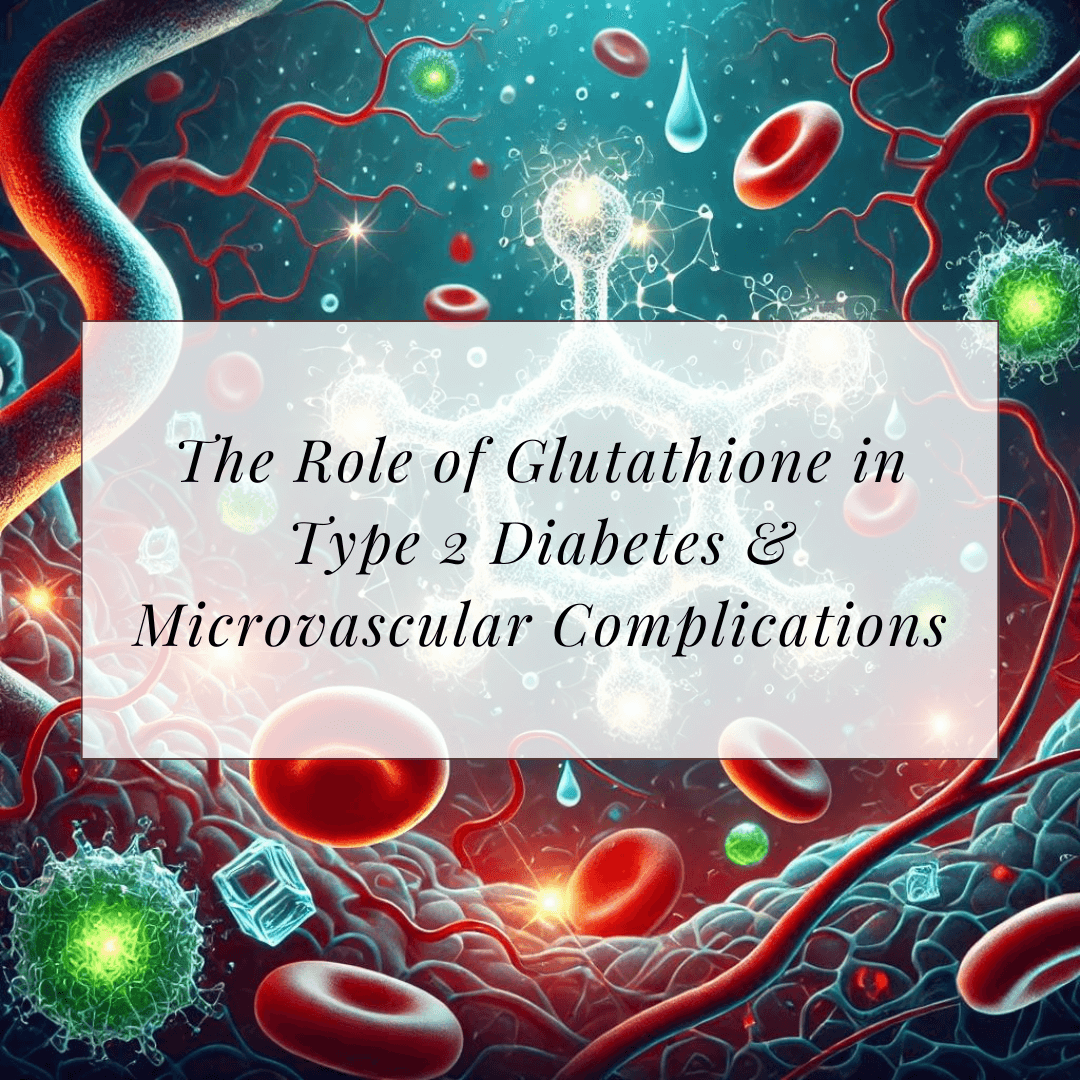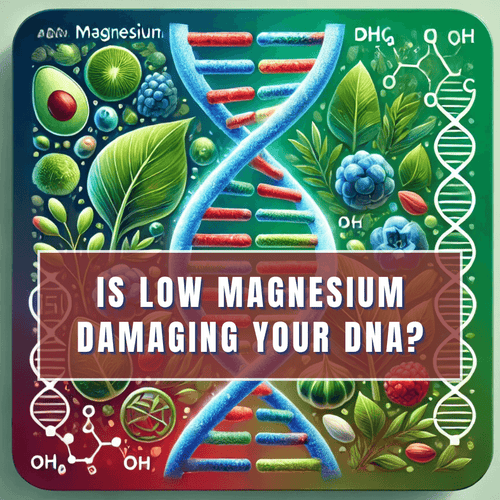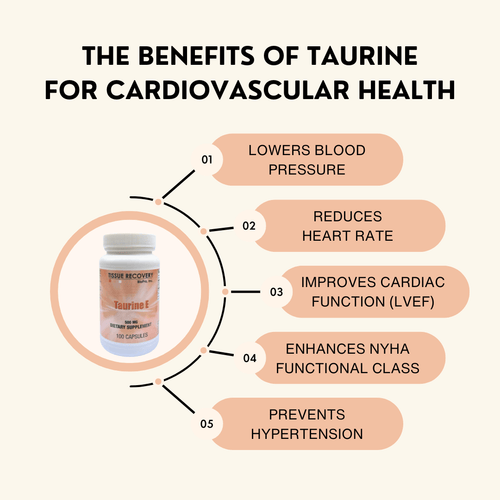
When we think of managing type 2 diabetes (T2DM), the focus is often on blood sugar levels, insulin, and diet. But there's another crucial player that doesn’t get enough attention - glutathione (GSH).
In recent research, scientists found that GSH, a powerful antioxidant responsible for detoxifying cells, is significantly depleted in individuals with T2DM, especially those with microvascular complications (Lutchmansingh FK et.al., 2018).
So, What's Glutathione?
Glutathione is a small but mighty molecule produced in our bodies. It’s an antioxidant that neutralizes free radicals - unstable molecules that can damage cells. GSH is also involved in several metabolic processes, including detoxifying harmful substances and maintaining cellular health.
It’s easy to assume that only people with certain health conditions, like diabetes, need to be concerned about their glutathione levels. But that’s far from the truth! In fact, maintaining adequate glutathione levels is critical for everyone, whether you have diabetes or not. Many people, even those who aren’t diagnosed with diabetes, aren't as insulin-sensitive as they should be, and this can set the stage for future problems.
The Study: How Glutathione Deficiency Ties into Type 2 Diabetes
Researchers conducted a case-control study to explore whether patients with type 2 diabetes, particularly those with microvascular complications, have lower levels of GSH compared to healthy individuals. The findings? Eye-opening.
The study included 16 patients with T2DM (seven without complications and nine with microvascular complications), along with eight healthy, age- and sex-matched controls. They measured the glutathione synthesis rate using an isotopic tracer, and the results showed some startling differences:
- Lower GSH levels: Compared to the healthy controls, T2DM patients had significantly lower concentrations of glutathione in their blood.
- Slower glutathione synthesis: Patients with T2DM also had lower rates of glutathione production.
- Complications worsen the deficiency: Individuals with T2DM who also had microvascular complications (such as damage to small blood vessels in the eyes, kidneys, and nerves) showed even greater reductions in glutathione levels and synthesis rates.
This reduction in GSH wasn’t linked to blood sugar levels or HbA1c (a marker for long-term blood sugar control). So, the problem doesn’t appear to be directly driven by hyperglycemia but possibly by other factors related to oxidative stress and inflammation - two major culprits in chronic diseases like diabetes.
Why Glutathione Deficiency Matters in Type 2 Diabetes
A deficiency in glutathione can set off a chain reaction of negative effects, particularly for people with T2DM. Without adequate levels of GSH, your cells are more susceptible to oxidative damage, which can worsen diabetes complications.
Microvascular complications - issues like retinopathy (eye damage), nephropathy (kidney damage), and neuropathy (nerve damage) - are a common concern in T2DM. These conditions are largely driven by chronic oxidative stress and inflammation, two factors that glutathione helps combat. So, when your body’s GSH levels are depleted, you're essentially losing a key defense mechanism against these damaging processes.
If you’d like to know more about how glutathione plays a role in heart health, check out this article on glutathione and cardiac protection.
Microvascular Complications and Glutathione: A Deeper Dive
One of the most striking findings in the study was the stark difference in glutathione levels between T2DM patients with and without complications. Those with microvascular complications experienced a much larger drop in both glutathione concentrations and synthesis rates compared to healthy controls.
It’s clear that once complications set in, the body's demand for glutathione skyrockets - but it’s not able to keep up. This only accelerates the progression of the complications, creating a vicious cycle.
Another interesting aspect of this research is that the study found no correlation between fasting glucose or HbA1c levels and glutathione concentration or synthesis rates. This means that even if your blood sugar is under control, your glutathione levels could still be dangerously low if you have diabetes.
The Bigger Picture: Why Glutathione Matters for Everyone
Okay, so we know glutathione is crucial for those with diabetes - but what about the rest of us? Should we be worried about our GSH levels, too?
Absolutely. As you age, your body naturally produces less glutathione, leaving you more vulnerable to oxidative stress, inflammation, and a weakened immune system. Additionally, a lot of us are walking around with some level of insulin resistance - a precursor to diabetes - without even knowing it. For these individuals, ensuring optimal glutathione levels can make a huge difference.
If you're curious about how glutathione can improve your overall health, from skin benefits to immune support, check out this article on who needs glutathione.
Supporting Glutathione Levels: A Smart Move for Everyone
Whether you have type 2 diabetes or just want to safeguard your health, maintaining adequate glutathione levels should be on your radar. There are a few ways to support your GSH levels:
- Eat sulfur-rich foods: Foods like garlic, onions, and cruciferous vegetables (think broccoli and Brussels sprouts) are great for boosting GSH levels naturally.
- Supplement wisely: Taking a high-quality glutathione supplement is one of the most effective ways to ensure you’re getting enough. A liposomal glutathione supplement, in particular, is more easily absorbed by the body, helping you get the most bang for your buck.
For a reliable glutathione supplement, check out Effective Liposomal Glutathione to support your body’s natural antioxidant defenses.
Final Thoughts: The Power of Glutathione
Glutathione might not be a household name, but it’s a critical molecule that plays an important role in cellular health - whether you have diabetes or not. For people with type 2 diabetes, especially those with microvascular complications, boosting glutathione levels could help mitigate the harmful effects of oxidative stress and slow down the progression of complications.
Even if you're not diabetic, ensuring optimal glutathione levels is a smart strategy for promoting longevity, immune health, and protecting your body from the harmful effects of oxidative stress.
Want to learn more about how glutathione can benefit your overall health? Dive into this article on glutathione for immune regulation.
Your health is your wealth - take care of it by paying attention to key nutrients like glutathione!
Reference
Lutchmansingh FK, Hsu JW, Bennett FI, Badaloo AV, McFarlane-Anderson N, Gordon-Strachan GM, Wright-Pascoe RA, Jahoor F, Boyne MS. Glutathione metabolism in type 2 diabetes and its relationship with microvascular complications and glycemia. PLoS One. 2018 Jun 7;13(6):e0198626.









